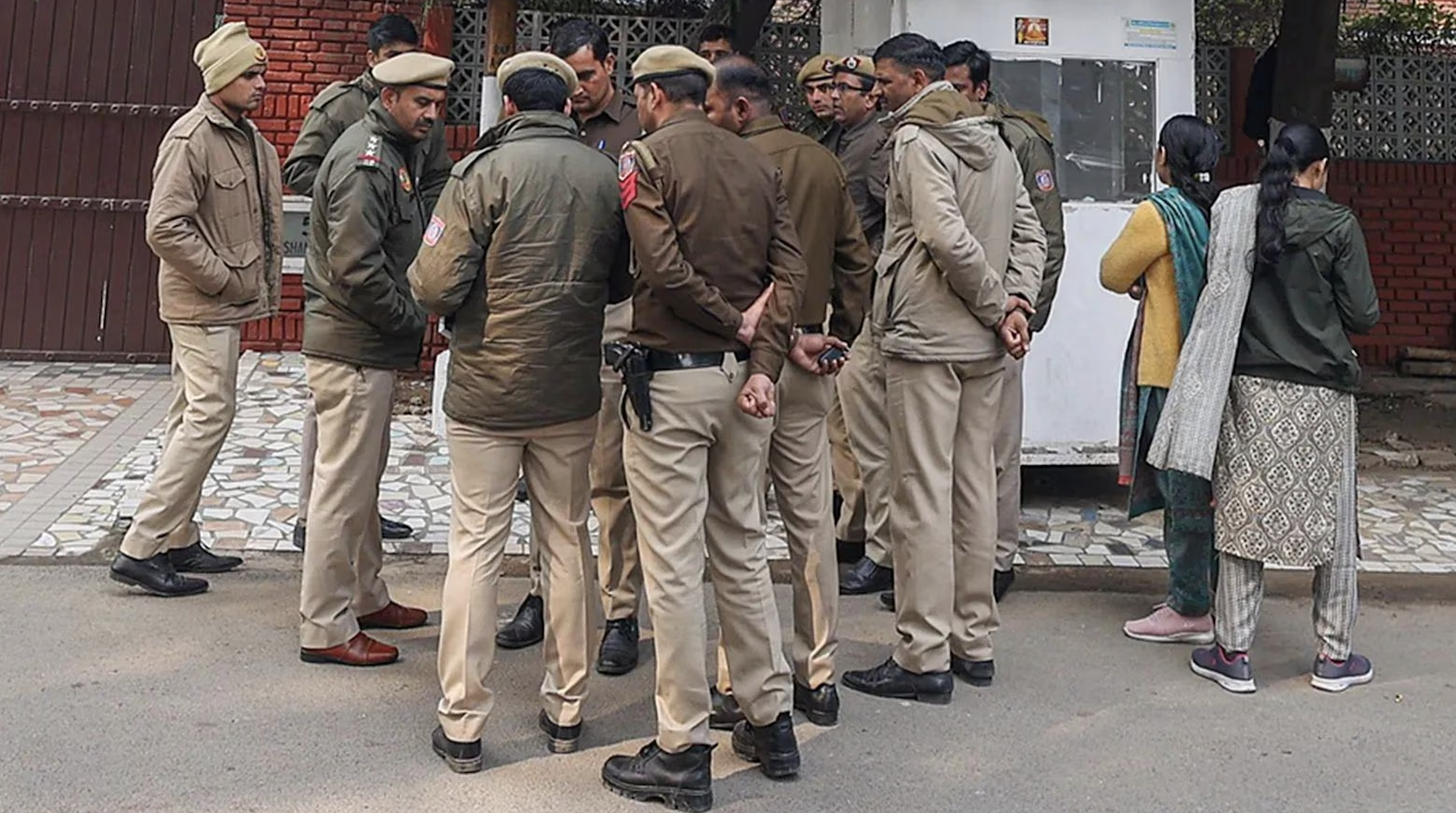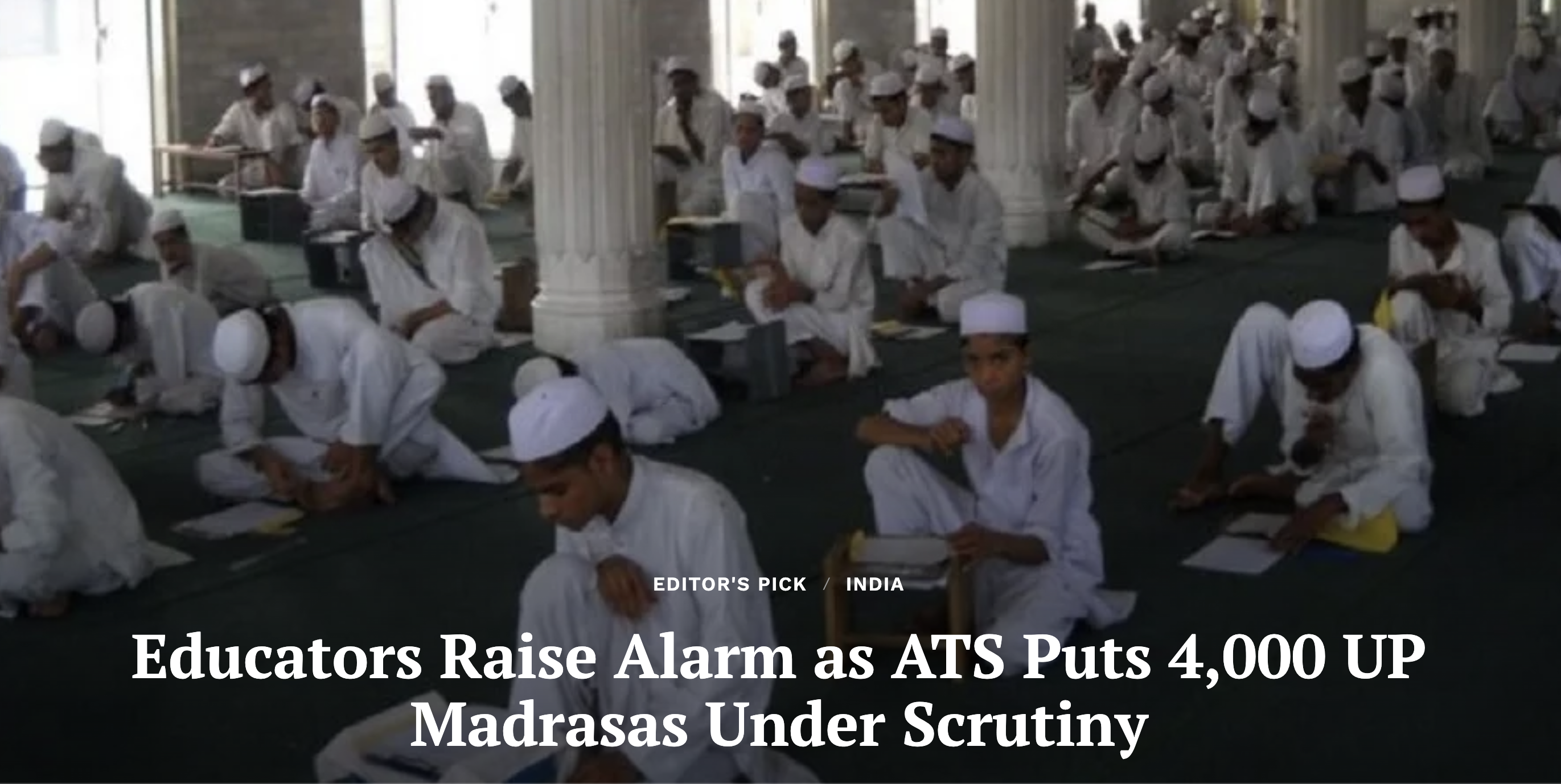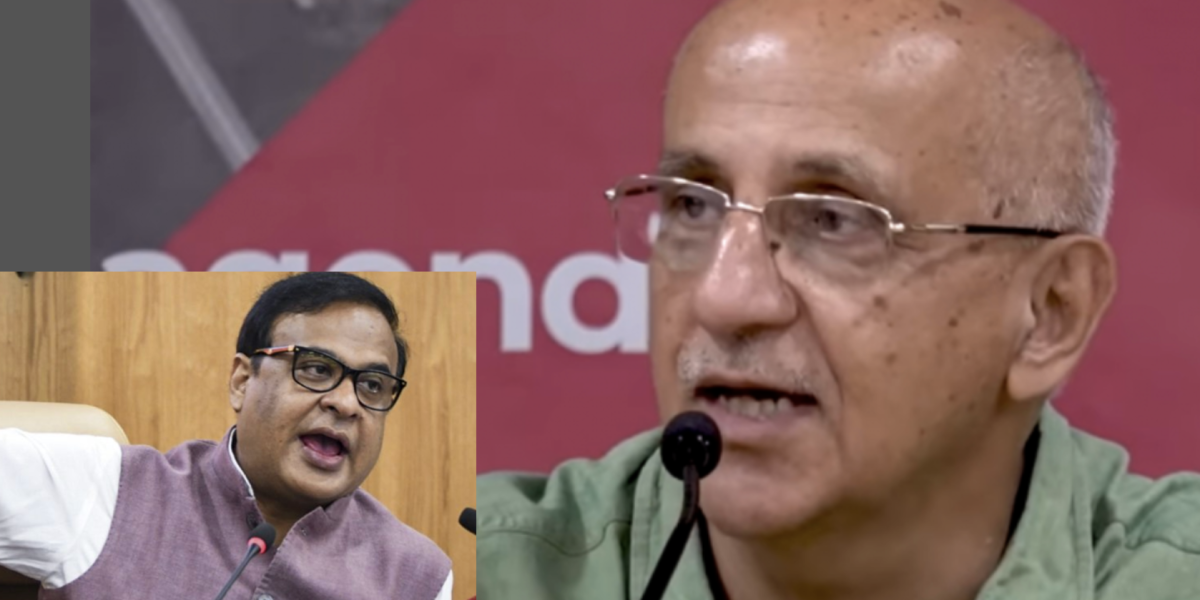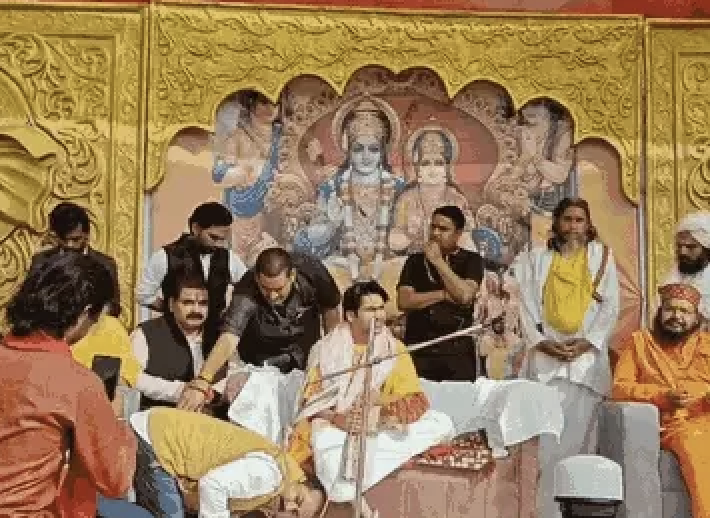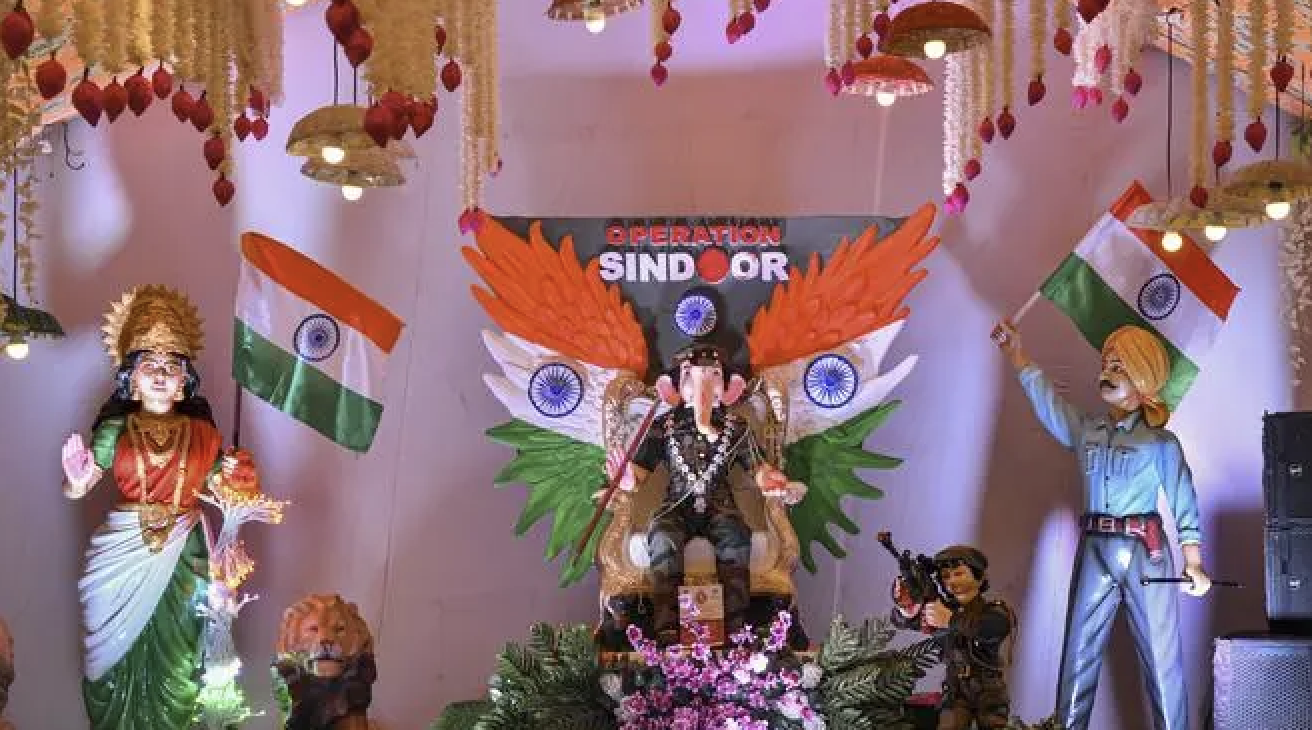
When the Babri Masjid was barbarically brought down on December 6, 1992, the Pakistan President magisterially pronounced that the Hindus were avenging themselves on Babar for their defeat at his Muslim hands. Our then Foreign Secretary, J.N. ‘Mani’ Dixit, gently reminded him that Babar had not defeated a Hindu but a Muslim—Ibrahim Lodi! Touche!
Another introductory story. I was sitting next to the distinguished 1965 war veteran Capt. Ayub Khan, a Lok Sabha MP from Rajasthan, when he suddenly rose to mock L.K. Advani (a Sindhi) saying that while the Sindhis had succumbed to Muslim invaders, the brave Rajputs of Rajputana had resisted the Mughals to the end! No wonder in the 1965 war that he had been hailed as “our Ayub” as against “their Ayub”.
Jinnah’s speech
It is such irony that counts in the long run. Not imitating the worst in the enemy. On April 15, 2025, the Pakistan Army chief riled many Indians when he paraphrased Jinnah’s March 22, 1940, speech where he set out his rationale for Pakistan: “The Hindus and the Muslims belong to two different religious philosophies, social customs, and literature. They neither intermarry, not inter-dine together, and indeed they belong to two different civilisations which are based mainly on conflicting ideas and conceptions… It is quite clear that Hindus and Musalmans derive their inspiration from different sources of history. They have different epics, their heroes are different, and they have different episodes. Very often the hero of one is a foe of the other, and likewise their victories and defeats overlap.” (S.S. Pirzada, Foundations of Pakistan, page 338.)
It was widely believed in India that it was this belligerence that provoked the terrorist attack a week later at the meadow near Pahalgam. Our spokesman could have riposted by quoting other sentences from the same Jinnah speech, pointing to how Jinnah envisaged India-Pakistan relations after the creation of that country: “There is no reason why these States should be antagonistic to each other. It will lead more towards natural goodwill by international pacts between them and they can live in complete harmony with their neighbours. This will lead further to a friendly settlement all the more easily with regard to minorities by reciprocal arrangements between the Muslim India and the Hindu India.” (Pirzada, ibid, Foundations of Pakistan, page 337, italics mine.)
This story was originally published in frontline.thehindu.com. Read the full story here.


